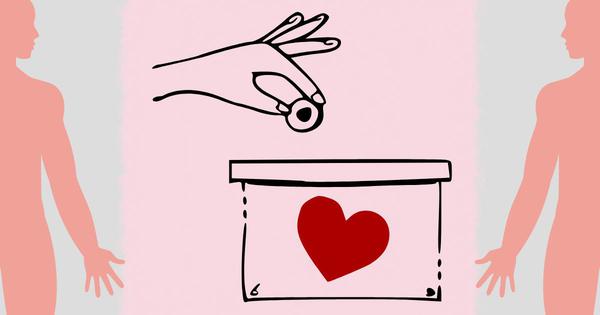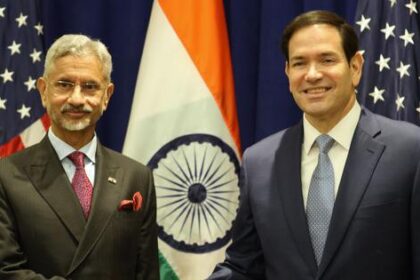Organ transplant challenges persist in India, highlighting gaps in policy and healthcare access for patients.
Surgeries such as heart transplants can be lifesaving; however, the lack of adequate monetary and healthcare support poses significant challenges for vulnerable patients. The experience of one heart transplant survivor reveals a troubling reality within India’s organ transplant system.
After undergoing a heart transplant in 2018, the survivor faced a series of hurdles while trying to access essential post-operative care, including vital diagnostics, ICU support, and immunosuppressants. Although he holds a senior citizen health card under Ayushman Bharat, the flagship health insurance scheme, he has been unable to utilize it throughout his transplant journey. While the program is designed to provide coverage, in practice, many recipients find themselves uninsured.
This survivor’s situation is not unique. Across the country, organ transplant recipients are encountering similar issues. Despite the existence of a national organ transplant program, the system is characterized by vague policies and services that are often inaccessible. The National Organ and Tissue Transplant Organisation, tasked with overseeing transplants, lacks the financial and executive authority needed to implement effective solutions.
Ayushman Bharat aims to make tertiary care accessible, especially for marginalized families, and although heart and liver transplants have been recommended for inclusion in the scheme, no formal announcement has yet been made. Even when hospitals are empaneled under this program, many are under-resourced or lack familiarity with transplant care. Critical elements such as dedicated ICU facilities, diagnostics, and immunosuppressants are not guaranteed, leaving patients without necessary support.
The survivor highlighted the personal sacrifices made to fund the transplant surgery, indicating that even middle-class families face financial strain. Many have had to sell their homes to afford the procedure and subsequent care. Health insurers frequently reject claims from transplant recipients, and despite appeals for more supportive policies from the Insurance Regulatory and Development Authority of India, no significant changes have occurred.
In 2024, the survivor initiated a petition to request financial support for post-transplant care from the Ministry of Health and Family Welfare. While the National Organ and Tissue Transplant Organisation acknowledged the need for reform, it reiterated its lack of authority to enact change. This situation illustrates broader failures within India’s healthcare and organ transplant system.
Transplant-ready hospitals are primarily located in major metropolitan areas like Chennai, Hyderabad, and Bangalore, leaving patients from smaller cities with few options. Even in urban centers, the system is often fragmented; for example, Mumbai lacks a public-sector organ retrieval and allocation network. Many donated organs go unused due to the absence of organ harvesting teams or adequate ICU care. The reliance on a limited number of dedicated surgeons further exacerbates the problem, as the retirement or departure of these professionals can result in the collapse of transplant programs.
The disparity in care is stark, with a report indicating that over 175,000 individuals are on the kidney transplant waiting list while fewer than 14,000 surgeries were performed in the previous year. For heart, lung, and liver patients, the wait is even longer. Many state hospitals may hold licenses to perform transplants, but they often lack the resources or staffing to do so effectively.
Despite efforts to promote organ donation awareness, the absence of a robust, enforceable policy framework hampers progress. The call for centers of excellence and improved capacity within the healthcare system remains unfulfilled. Without reliable systems, lives are at risk, and the potential benefits of organ donation are squandered. For India to truly advance its organ transplant capabilities, it must establish comprehensive systems that ensure retrieval, surgery, and follow-up care, while also expanding health insurance coverage for transplant recipients across all income groups.








